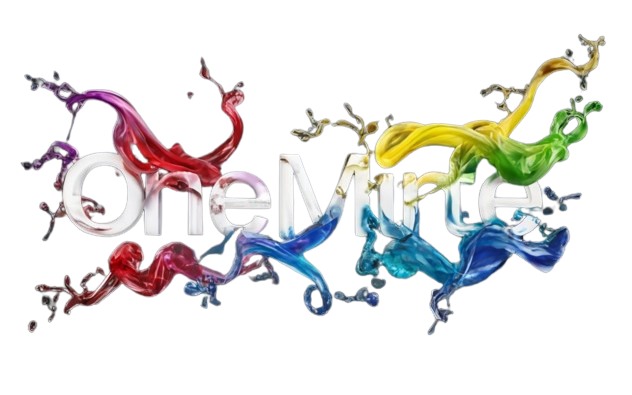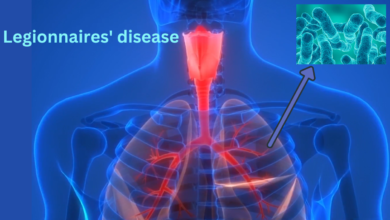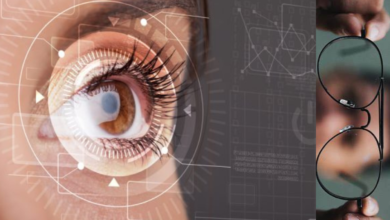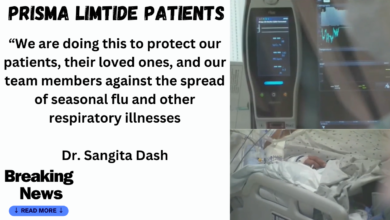Study Suggests Little-Known Psychoactive Drug Highly Effective for Treating PTSD in Military Veterans
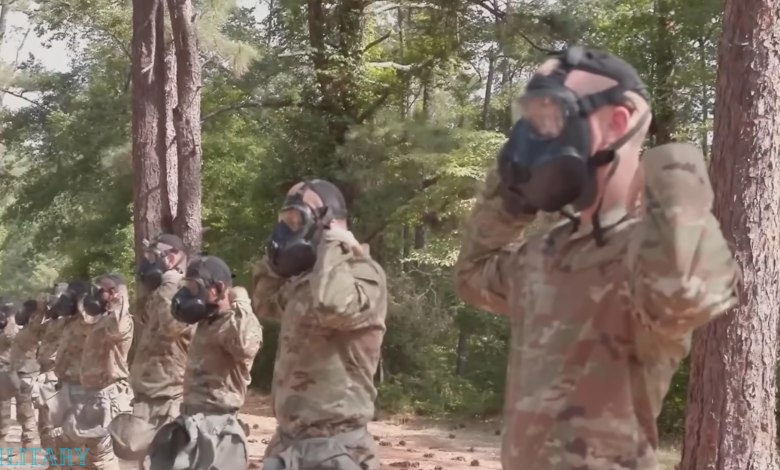
For quite some time now, the potential advantages of psychoactive drugs have gradually transitioned from being labelled as “hippie nonsense” to being supported by scientific research.
From psilocybin in magic mushrooms to psychedelic toad secretions, it is becoming increasingly evident that hallucinogenic experiences can genuinely serve as a highly effective therapeutic option for specific mental illnesses. This includes, as indicated by a recent small-scale study from Stanford university, conditions stemming from traumatic brain injury (tbi).
According to a statement by Nolan Williams, an associate professor of psychiatry and behavioral sciences and co-author of the study, “no other medication has ever shown the ability to relieve the neuropsychiatric symptoms of traumatic brain injury. The outcomes are remarkable, and we plan to conduct further research on this substance.”
The specific drug under consideration is one that may be unfamiliar to you: ibogaine, derived from the roots of the iboga shrub found in central west Africa. It has a long history of ritual and religious use dating back centuries.
The compound’s use in western medicine is not as well established, although it dates back at least six decades to when pharmacologist Howard lotsof first discovered the drug’s effectiveness in treating opioid addiction in 1962. Lotsof was granted a patent for the therapy, and ibogaine is widely used in drug treatment clinics around the world. However, the substance remains illegal in the us, and possession of any amount can lead to up to 20 years in prison.
In Mexico, ibogaine is legal, which is where Williams and his colleagues found volunteers for their trial:
thirty special operations veterans, all suffering from disabilities stemming from tbi, who checked themselves into a clinic in Mexico for treatment with magnesium and ibogaine.
Williams stated that these highly intelligent, high-achieving individuals suffered life-altering functional impairment due to tbi during their military service. “they were all open to trying almost anything they believed could help them reclaim their lives.”
Before the trial, evaluations revealed that the average score on the world health organization disability assessment schedule 2.0 (whodas-2) – a tool for assessing disability and health across various aspects – exceeded 30, indicating mild-to-moderate disability. Some even scored much higher. Additionally, many in the group met the criteria for ptsd, anxiety disorders, suicidality, and alcohol use disorder – all known to be comorbid conditions with tbi.
Upon receiving ibogaine treatment, the participants experienced significant and rapid improvement in their symptoms. Immediately following the intervention, the average whodas-2.0 score decreased to below 20, indicating borderline-to-mild disability, and the veterans’ executive function and cognitive processing speeds showed notable enhancement.
The positive outcomes continued to progress, with the whodas-2.0 score dropping to 5.1, signifying no disability, and ptsd, depression, and anxiety symptoms decreasing by over 80 percent on average one month after treatment.
“the drug appears to have a sweeping, remarkable, and consistent impact,” Williams stated in nature. However, the question arises: did ibogaine truly contribute to these improvements?
While the study’s results are promising for several reasons, the researchers are transparent about its limitations.
This was not a randomized controlled trial and focused solely on a very small group of self-selected participants who were not representative of the general population and, frankly, were somewhat in a vacation-like setting while receiving the treatment.
“we cannot discount the possibility that the therapeutic effects were due to expectation rather than [ibogaine],” the authors acknowledge in the study. “similarly, the additional therapeutic approaches available… During their time in Mexico may have contributed to the observed therapeutic benefits.”
Whether it was the ibogaine or another factor, we don’t fully understand the drug’s mechanism well enough to determine if it truly benefited the veterans with tbi. According to john Krystal, chair of yale university’s department of psychiatry, the improvement in cognitive disability scores could be linked to tbi enhancement, but it could also be associated with the amelioration of ptsd and depression, both of which can cause cognitive and functional impairment.
Hence, while all patients had tbi, it is inconclusive to deem ibogaine as an effective tbi treatment based on this study.
Krystal, who was not involved in the study, described the results as “very encouraging”. She believes that this justifies further research on the safety and effectiveness of ibogaine as a treatment, but it does not yet support its implementation in clinical practice.
The research was printed in the Nature Medicine journal.
